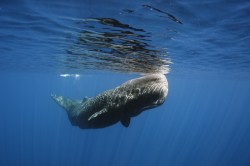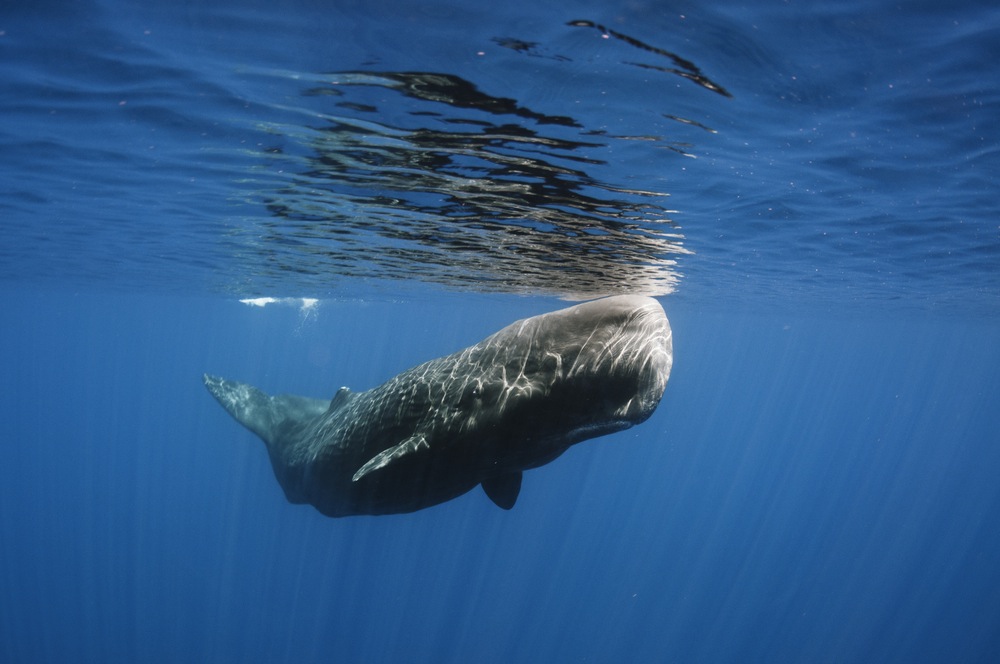
ShutterstockFinally, some peace and quiet.
Whales, dolphins, and manatees will finally enjoy some peace and quiet in parts of the Gulf of Mexico following a legal settlement that will restrict the use of oil industry air guns.
As if dodging oil spills and dead zones in the Gulf isn’t bad enough, the marine mammals there are also subjected to deafening pulses of noise fired from boats searching for new oil fields to drill. “These super-loud airblasts hurt whales and dolphins,” said Miyoko Sakashita of the Center for Biological Diversity in a statement. “The seismic surveys sound like an underwater explosion, causing deafness and stress that can disrupt whales’ behaviors and even lead to strandings.”
The legal settlement filed Thursday with a federal court will block the use of the sonar guns in parts of the Gulf until the end of 2015. It will also add manatees to the list of species whose presence requires an automatic silencing of sonar blasts. From the Associated Press:
Oil and gas companies working in the Gulf of Mexico have agreed not to use seismic surveys for the next 2 ½ years in three areas considered critical to whales and along the coast during the peak calving season for bottlenose dolphins.
“The very fact of an agreement on this issue is without precedent. There has not been any settlement made with the oil and gas industry on seismic issues here — or, to my knowledge, anywhere in the world,” said Michael Jasny, director of the Natural Resources Defense Council’s Marine Mammal Protection Project.
He said the surveys, in which ships slowly tow arrays of air guns through the water, firing them every 10 to 12 seconds for weeks or months, can reduce whales’ eating and keep baby dolphins from bonding with their mothers. …
The 30-month period will give the government time for environmental studies and give the industry time for research into alternatives, both required as part of the agreement, said Jasny.
The agreement should help the Gulf’s wildlife hear themselves think — and stay alive.




